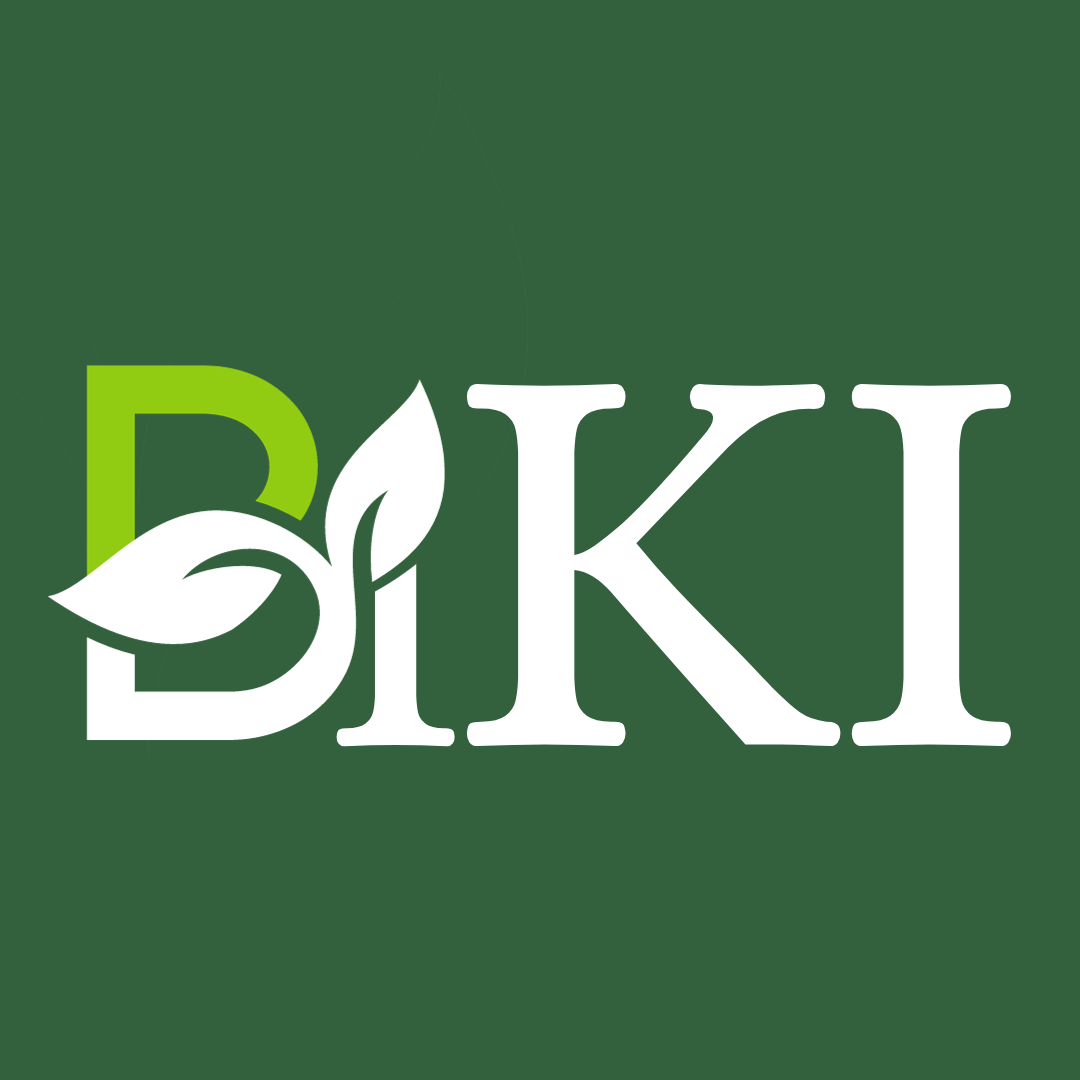BIKI – FoodCycle Indonesia
About
The BIKI (Berkah Inovasi Kreatif Indonesia) – FoodCycle Indonesia partnership aims to provide an end-to-end solution to food loss and waste that will improve farmer incomes and food security in Indonesia. It will scale a natural edible coating designed to extend the shelf life of fruits and vegetables and set up donation posts to distribute any food surplus.
Investing in Impact
P4G has awarded the partnership about US $350,000 in grant funding.
More than 60% of fruits and vegetables are lost or wasted in Indonesia each year costing the country more than US $320 million. A staggering statistic in a country where 20 million suffer from food insecurity.
More than 30% of food loss occurs at the post-harvest and processing stages, which is where BIKI’s area of focus will be. By reducing losses at this level, BIKI can help farmers retain a larger portion of their income and contribute to greater food security in the country.
BIKI has developed Chitasil, an edible natural coating made from shrimp shells that doubles the shelf life of fruits and vegetables. Chitasil now comes in a water-soluble version as well, which reduces distribution costs and opens up export markets for the startup. BIKI has also developed “Sunwash” a fruit and vegetable wash to remove pesticide residue and is currently finalizing the distribution permitting process for Kito-B, a natural immunity booster to protect plants against pests and diseases.
BIKI is also currently developing an app to predict the shelf life of fruits and vegetables. The app can connect across the entire food value chain, track food loss and send shelf life reminders. The aim of the software is to help change consumer behavior and further reduce food loss and waste. The startup is trialing the first phase of its app in BIKI points where it’s working on digitizing activities and financial systems in packing houses. The app is now in the second phase of testing to track retailers who receive vegetables coated with Chitasil.
Between April and June 2025, BIKI has established 20 BIKI Points at fruit and vegetable markets in Indonesia. By early 2026, BIKI - FoodCycle Indonesia aims to establish 30 BIKI Points, which are food rescue posts in packing houses that belong to farmer groups. To date, FoodCycle has rescued more than 89,000 kilograms of produce and distributed this to more than 70,000 people in need.
BIKI and FoodCycle currently rescue about 1 ton of food every week and plan on increasing that amount to 3 tons per week to achieve economic scale.
FoodCycle is working with BIKI on a knowledge product to determine how much food loss and waste occurs in the agricultural sector across the value chain in Indonesia. It will focus on certain areas of the country and identify causes for this loss and waste and suggestions to avoid it.
Some early findings on factors contributing to high levels of food loss and waste in the agricultural sector include:
- Crop failures: Caused by factors such as weather, pests, and diseases
- Price fluctuations: When prices are low, farmers lack the incentive to harvest or sell their produce
- Strict market specifications: Farmers are required to meet strict quality standards, and any produce that fails to meet these standards contributes to food loss and waste
- Long supply chain: The extended supply chain contributes to food loss and waste at every stage
In December 2024, the partnership participated in a policy dialogue on incentivizing food loss and waste reduction technologies in Indonesia where it called for improving regulations around food rescue. Other P4G partnerships and stakeholders from Bappenas, IBCSD, and WRI’s FOLU team shared insights into effective food loss and waste reduction solutions and policy recommendations to scale these solutions. A conference proceeding with recommendations was shared with Bappenas.
During the partnership period, BIKI has won multiple awards include a gold medal from the Indonesia Sustainable Development Award; Winner of the prestigious Dietary Shift Solution (DISH) prize by EAT, FOLU and GAIN; and Winner of the Melbourne – Bandung Food Waste Challenge for Fresh Food Market. BIKI is now a member of GRASP 2030, a Voluntary Agreement bringing together businesses and supporting stakeholders in the Indonesian food system value chain to reduce food loss and waste. The startup was also able to participate in the Green Economy Expo organized by Bappenas to share its solutions with government stakeholders and investors.
During the P4G funding period, BIKI aims to raise around US $500,000 in investment. From an environmental and social impact perspective, the partnership aims to prevent 20% of loss between the post and distribution stages, which would amount to about 5,000 tons of fruits and vegetables. The financial value of this loss prevention will amount to US $1 million. The partnership will also reduce methane emissions by 250 metric tons and carbon emissions by 2,500 metric tons. The partnership is committed to gender equity and will involve 100 women in packing activities at BIKI Points. It also aims to increase the income of 500 farmers.
The partnership comprises the following partners: BIKI (lead business partner); FoodCycle Indonesia – a member of the Global Foodbanking Network (lead administrative partner).



